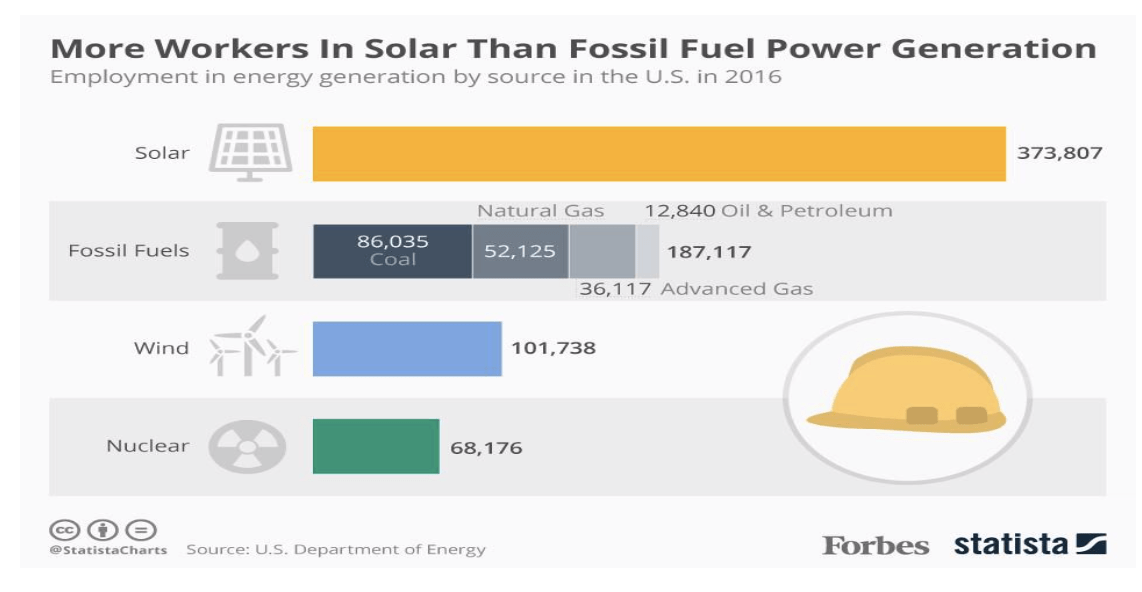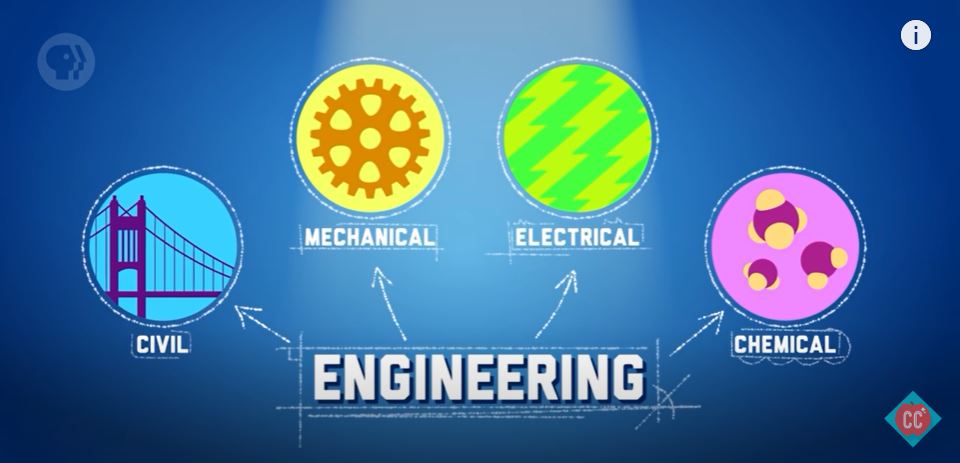Standards
Science – SS.8.FL.1.2
Identify the many decisions people must make over a lifetime about their education, jobs, and careers that affect their incomes and job opportunities.
English Language Arts – LAFS.68.RST.3.8
Distinguish among facts, reasoned judgment based on research findings, and speculation in a text.
English Language Arts – LAFS.K12.W.3.9
Draw evidence from literary or informational texts to support analysis, reflection, and research.
English Language Arts – LAFS.6.W.3.7
Conduct short research projects to answer a question, drawing on several sources and refocusing the inquiry when appropriate.
Mathematics – MAFS.6.NS.2.3
Fluently add, subtract, multiply, and divide multi-digit decimals using the standard algorithm for each operation.
Big Idea(s)
Careers in the energy sector will have an impact on how efficiently energy is used, the earth is protected and what challenges our future may face.
Essential Question
The energy industry is one of the largest employers in the world. Is a job in this industry something that I would want as a career?
Vocabulary
Lineman • Technician • Operator • Engineer • Scientist • Cyber Security • Wind & Solar Development (as they relate to the energy sector)
Background Information
We’ve seen a dramatic increase in technology, math and science playing key roles in the work force. Careers in the energy sector have established those requirements to fill positions such as: engineers, scientists, computer programmers and many more. Line workers, for example, need extensive understanding of how electricity is generated, how it travels, and how it’s distributed. Math is necessary, so they can determine distance between poles and cables utilized. Jobs requiring similar skills include operators, technicians, data analysts, energy traders, wind & solar developers and plant operators.
Guiding Questions
- What kind of jobs can be found in the energy industry?
- What training is needed to be a technician for a power company?
- Can you see some of these jobs becoming obsolete in the future? Why?
- What kind of job would have the most security in the energy industry?
- What type of training is needed to be a solar and/or wind developer?
- What jobs in the energy sector require extensive knowledge in mathematics?
Math Mania
Essential Question:
The United States is the second biggest consumer of energy in the world, after China. The average American uses approximately 313 million Btu of energy, while the worldwide average per person is around 75 million Btu.
How much more energy does the average American use than the average person around the world? (Round to the nearest tenth)
Answer: 4.2
Instructional Sequence
- Careers in Energy – Research Paper/Mock Career Fair – CTE-ENGY.68.GENRL.04.06
- Math Mania
Fun Facts
Did you know…
- In 2017, nearly 10 million people were employed in the renewable energy sector last year, the International Renewable Energy Agency (IRENA)?
- The 2017 U.S. Energy and Employment Report (USEER) finds that the Traditional Energy and Energy Efficiency sectors today employ approximately 6.4 million Americans? These sectors increased in 2016 by just under 5 percent, adding over 300,000 net new jobs, roughly 14% of all those created in the country.
- A 2017 report showed that solar photo voltaic was the biggest employer last year, accounting for 3.1 million jobs, up 12 percent compared to 2015?

Inquiry Type
- Structured Inquiry
- Guided Inquiry
- Open Inquiry
- Research Careers in Energy
Teacher Resources


